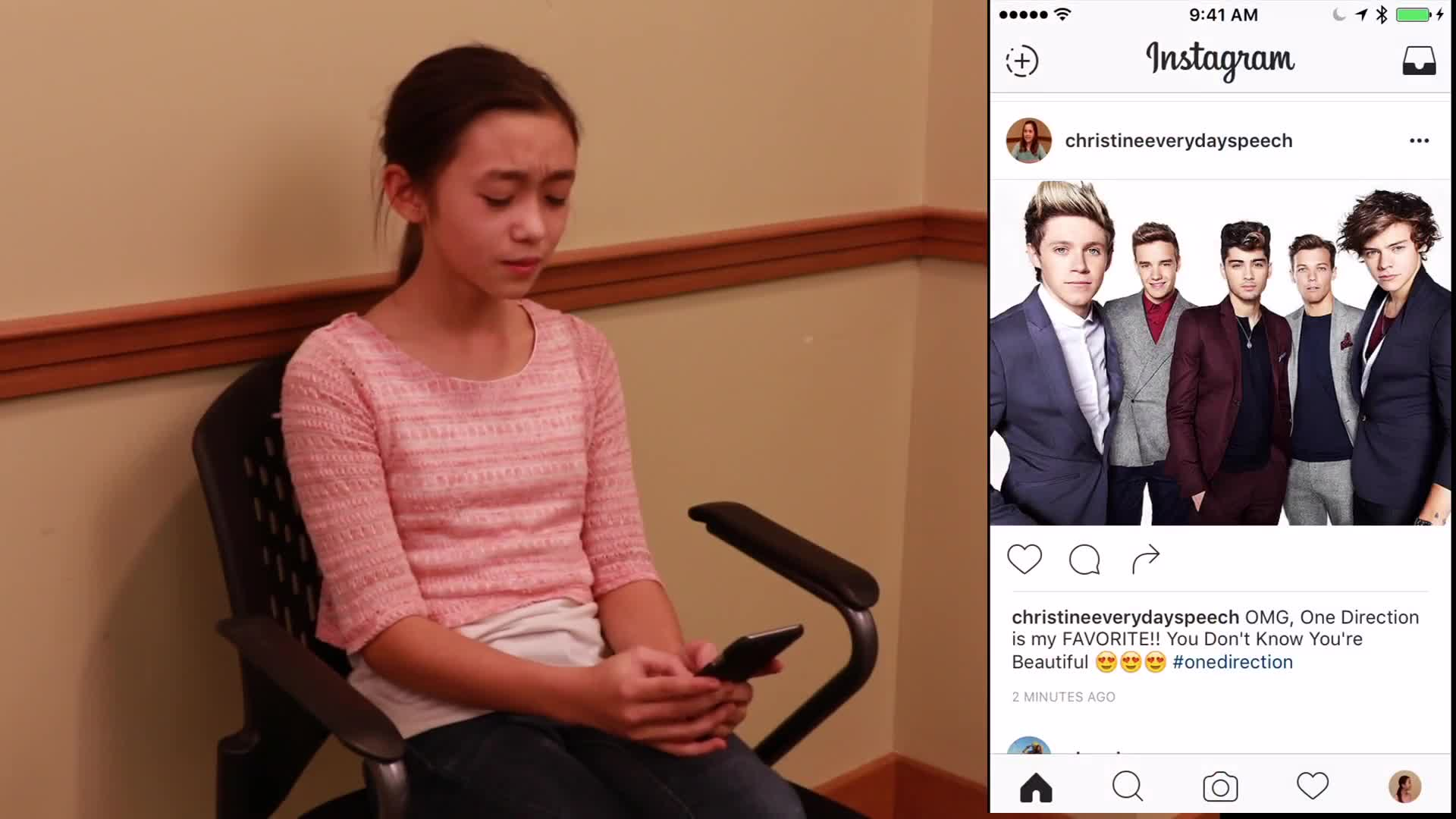Introduction
Social media has become an integral part of our lives, and middle school students are no exception. While it offers a platform for communication and self-expression, it also comes with its own set of challenges. This blog post will explore the importance of teaching social skills for navigating social media safely and effectively. We will discuss an easy no-prep activity, thought-provoking discussion questions, related skills, and resources for further exploration.
No-Prep Activity: The Social Media Safety Scenarios
This activity is designed to help students think critically about their actions on social media. Start by dividing the class into small groups. Present each group with a scenario related to social media use, for example, receiving a friend request from a stranger, encountering cyberbullying, or deciding what content to share. Ask the groups to discuss the scenario and determine the best course of action using their social skills. After the discussion, have each group share their decisions and reasoning with the class.
Discussion Questions
- Why is it important to be selective about who we communicate with on social media?
- How can we apply the “Think It or Say It” rule to our online interactions?
- What are some potential consequences of sharing personal information or photos on social media?
- How can we support our peers if we see them experiencing challenges on social media?
- What strategies can we use to maintain a positive and respectful online presence?
Related Skills
In addition to the social skills discussed in this post, there are other skills that can contribute to a successful and safe experience on social media. These include:
- Digital citizenship: Understanding the rights and responsibilities of being a responsible digital citizen, including protecting personal information, respecting others, and making ethical decisions online.
- Empathy: Recognizing and understanding the feelings and perspectives of others, both online and offline, and responding with kindness and support.
- Conflict resolution: Effectively addressing disagreements or misunderstandings that may arise in online interactions and working towards a positive resolution.
- Self-awareness: Reflecting on one’s own online behavior and its impact on others, and making adjustments as needed to maintain a positive digital footprint.
Next Steps
The key to navigating social media safely and effectively lies in the development and application of social skills. As educators, we play a crucial role in guiding our students through this process. To further explore and practice these skills, consider signing up for free sample materials from Everyday Speech. These resources can help you incorporate social-emotional learning into your curriculum and support your students in becoming responsible, empathetic, and confident digital citizens.






